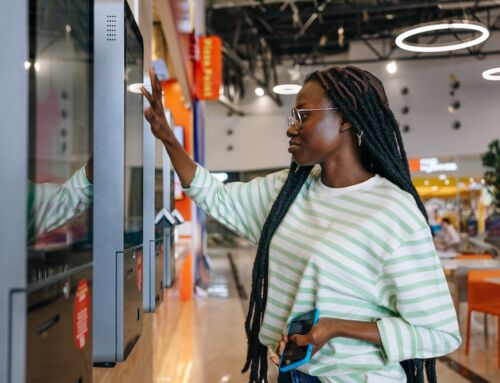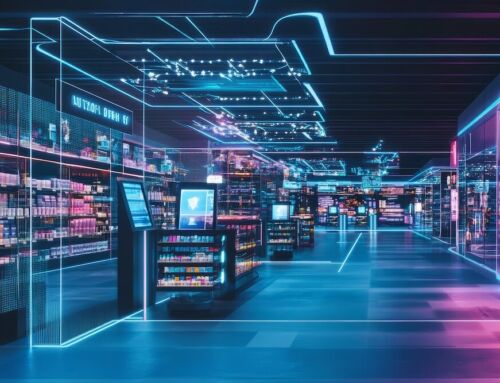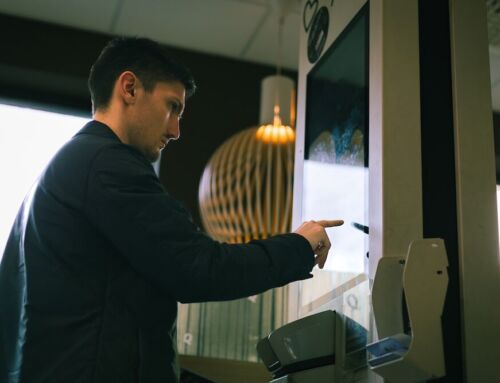The Covid-19 pandemic has arguably been the most deadly and consequential global event since the Second World War.
As is the case in such times, technological and scientific innovation become a priority, and the rapid development of effective vaccines aptly demonstrates this.
Data and long-held scientific thought suggest mass vaccination is the best way to limit the spread and impact of the pandemic – but the necessity to prove vaccination status post-jab adds additional complexity.
This is where digital kiosks come in.
Vaccine passports, confirming vaccination status, have been a controversial subject. Nevertheless, they’re a necessity for international travel and attendance of certain events and venues.
There are issues around their verification and opportunities for fraudulent use. Digital kiosks can counter this.
Let’s look in more detail at digital kiosks and their potential role in vaccine passports.
Improving international accessibility
Recent travellers to the European Union from the UK may have noted that there is a distinction between the EU vaccine certificate and the NHS vaccine certificate.
Globally, there are a huge range of vaccine accreditations, and not all are accepted at international borders – in part due to the time and tech required to process these differing versions.
Thanks to their versatility, digital kiosks can effectively solve this issue. With the capacity to run powerful software, the functionality to scan all forms of vaccine passport is no huge leap.
Reducing vaccine passport fraud
The media has abounded with stories of fraudulent vaccine passports.
It doesn’t take a particularly skilled graphic designer to adapt a vaccine certificate, nor is it impossible for anyone to install and access an app or carry a QR code that is not their own when attending a venue.
Digital kiosks can help in combatting this by using additional identification data, such as biometrics or facial recognition.
In several countries, a passport-style photo/photo ID is part of their vaccine passport. A digital kiosk, such as those in our Ident product range could be used to check vaccine passports against the person scanning – with very little additional time required to do so.
Consolidated data collection
Concerns around privacy have been at the forefront of the vaccine passport debate.
While these concerns shouldn’t be discounted, personal data such as name and date-of-birth are centrally held by the majority of governments in the developed world.
Contact tracing was demonstrably effective in reducing infection rates, notably in countries such as South Korea, Viet Nam, and New Zealand.
Digital kiosks could feed into a central database, rather than leaving the responsibility for data collection with individual venues and settings, allowing healthcare authorities to better identify and act against Covid-19 outbreaks.
Safety for staff
To scan a vaccine passport or look at a paper certificate, staff members controlling entry to a venue are likely to have to be closer than two meters away from those arriving.
This presents an increased risk of infection. It would be preferable to automate this process via a digital kiosk, reducing the amount of contact between people.
Digital kiosks and their potential role in vaccine passports
We’ve briefly looked at the role digital kiosks can play in supporting the vaccine roll-out and subsequent verification.
There is huge potential for them to improve and ease current processes, and we’ll be following further developments with interest.
If you’d like to discuss any of the above further, why not get in touch.




